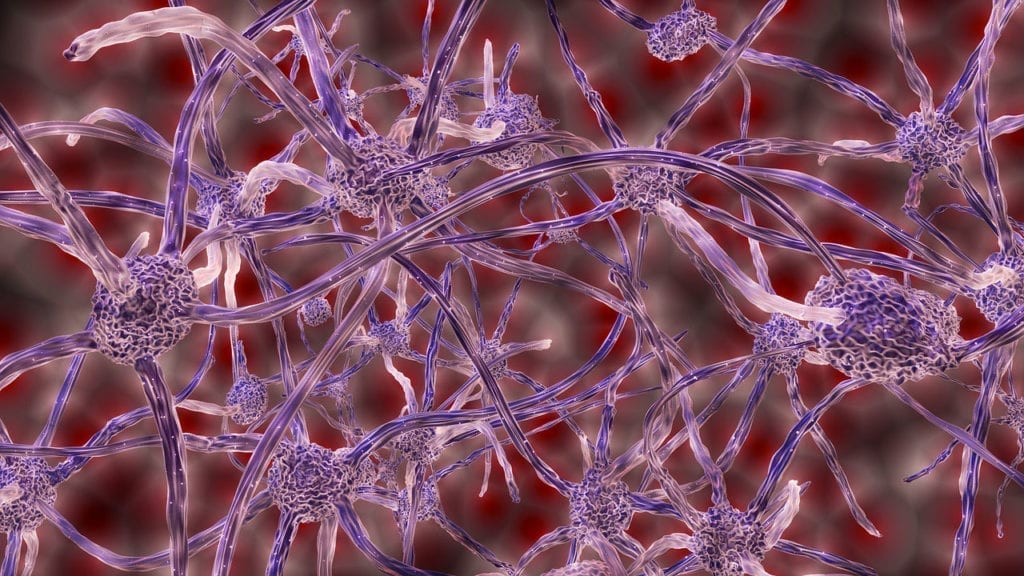According to a story from Biopharma Dive, an investigational therapy for Huntington’s disease that is in development could be the first step in the implementation of the first-ever disease modifying therapy for the illness. This drug is being developed as a collaboration between Ionis Pharmaceuticals and Roche. Data from a Phase 1/2 clinical trial indicated that the therapy, called RG6042, was able to reduce the presence of the mutated huntingtin protein that appears in nerve cells and eventually destroys them.
About Huntington’s Disease
Huntington’s disease is a heritable disorder that causes brain cells to die. This is a long term, progressive, and ultimately lethal disease that causes severe debilitation over time. The disease is caused by a genetic mutation that affects the HTT gene. It normally appears between 30 and 50 years, but in rare cases is can occur before age 20. Symptoms of Huntington’s may first appear as subtle mood and behavioral changes and loss of coordination. Other symptoms include random movements called chorea, abnormal posture, sleep issues, trouble chewing, swallowing, and speaking, dementia, anxiety, depression, and impulsivity. Nine percent of deaths are the result of suicide. Treatment for Huntington’s disease is symptomatic, with no cure or disease altering therapies available. Most patients die around 15 to 20 years after their diagnosis. To learn more about Huntington’s disease, click here.
Clinical Impact?
This is the first time that a therapy has been demonstrated to lower levels of the huntingtin protein, but the critical question remains: will this lead to clinical efficacy? It is possible that RG6042’s mechanism of action could at least slow down the progression of Huntington’s disease, but the likelihood of halting or reversing symptoms is low. In comparison to the placebo group, the patients that took RG6042 didn’t appear to see any changes, but it could be that benefits would only be noticeable on a longer time scale than the study allowed.
No adverse events or severe side effects were reported during the study, so the drug is at the very least safe for patients. Only more study will reveal if the experimental treatment will have a meaningful impact.








